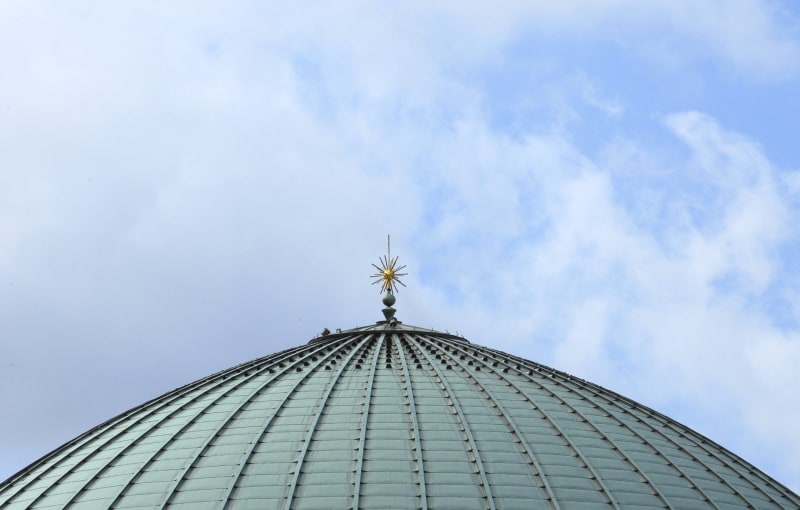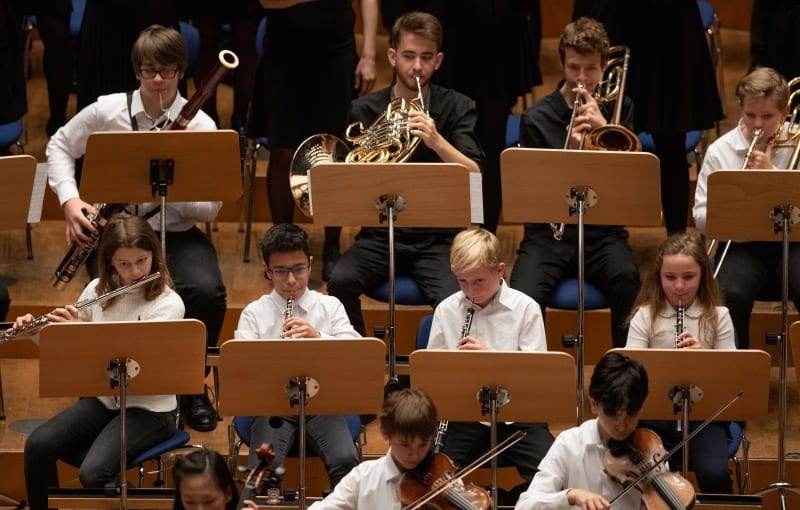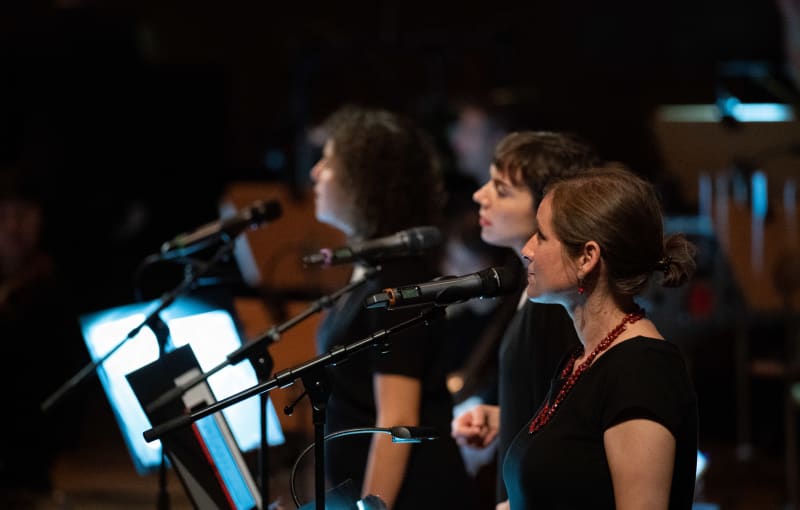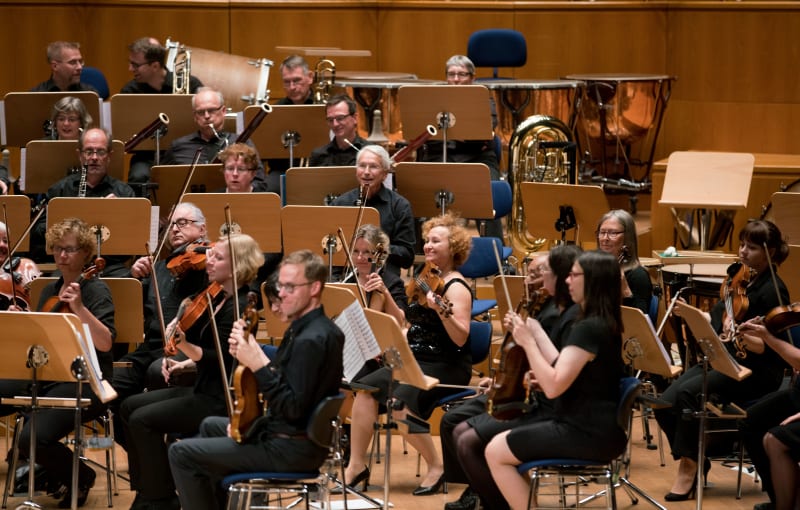
Laudation by Adam Fischer
Award Ceremony of the Human Rights Award for George Soros on the 22nd of March 2018

marita.ingenhoven@tonhalle.de
Dear mayor, dear guests and dear audience!
There is a small palazzo in Milan called Casa Verdi. Guiseppe Verdi founded it as a home for retired musicians who didn’t earn huge amounts of money with their craft. It still exists today. Whoever receives a place here doesn’t have financial worries anymore because Verdi bequeathed the copyrights of all his operas to the home.
Verdi considered it his duty to help those who were less fortunate than him. People who were perhaps as able as him but maybe not as successful. This is an essential thought for me. I would almost go as far and describe it as my guiding star. I have been very fortunate in my life so far. Others who had similar abilities like I did, weren’t able to achieve as much. I am truly convinced that it is my duty and the duty of us all to help those less fortunate in life.
This is what drives a man like George Soros, this belief of wealth being an obligation.
George Soros is certainly a controversial figure. He amassed an incredible fortune with stock market exchanges. There are quite a few people who find his role as a speculator rather morally dubious. However, he is doing lot of good with his wealth: Over the past decades, he has donated large sums to charitable purposes.
George Soros and I are both from Hungary. We were exactly what today is referred to as ‘economic refugee’, often in derogatory terms.
As if wanting a better life would be a crime. Soros and I were lucky. We emigrated and used the chances we were given well. Even if it was in very different ways: I certainly have the more beautiful job. But he earns more money than me.
In the spirit of Giuseppe Verdi, George Soros is committed to giving others a chance. He gives generous amounts of money for that. But Soros is not indiscriminately charitable. He uses his fortune specifically to protect human rights and promote democratic movements. It's about freedom of speech, freedom of the press, civil rights, the right to education - in Europe, in the US and around the world.
My decision to award George Soros the Tonhalle Human Rights Award has led to some discussion. With the selection of this laureate, I would like to set a clear political signal at a time when nationalist-populist tendencies are on the rise in many countries. Soros is attacked today by rulers of several Eastern European countries with anti-Semitic incitement campaigns in the worst ways possible. In his homeland Hungary, Soros meanwhile is considered public enemy number 1. But not only there. All governments that want to restrict citizens' freedom naturally have a problem with Soros. For nationalists and anti-Semites around the world, there is no better enemy than him.
I want to honour George Soros as a fighter for an open, multicultural society. For this reason, I bestow the Human Rights Award of the Tonhalle on him.
It is thanks to the friends and supporters of the Tonhalle that we are now able to award the prize for the third time. In particular, I would like to personally thank Mr Patrick Schwarz-Schütte and Mr Gustav Meyer zu Schwabedissen, the founders of the Human Rights Award. The prize is worth 10,000 €. I would also like to thank the Düsseldorfer Symphoniker, artistic director Michael Becker and the Tonhalle team for their support and encouragement for this project.
Now I would like to ask Leon Botstein to join me on stage, he will accept the award on behalf of George Soros today.
(Leon Botstein enters the stage)
Thank you, Mr Botstein, for coming to the Tonhalle today to receive the Human Rights Award on behalf of George Soros. We hope that our award sets an example. I think George Soros's commitment to freedom and human rights is exemplary. May he continue his work for a long time, we need him!








